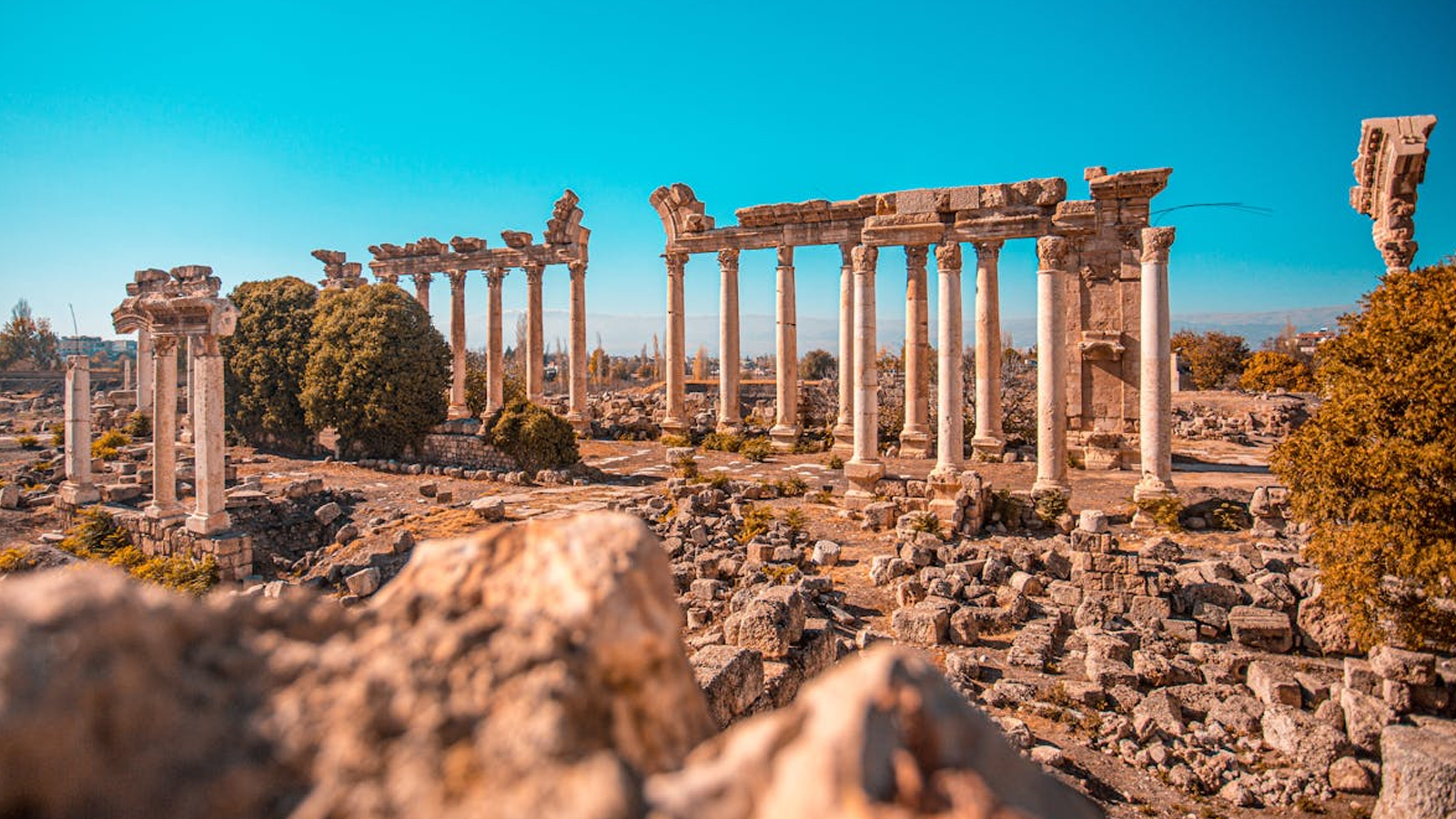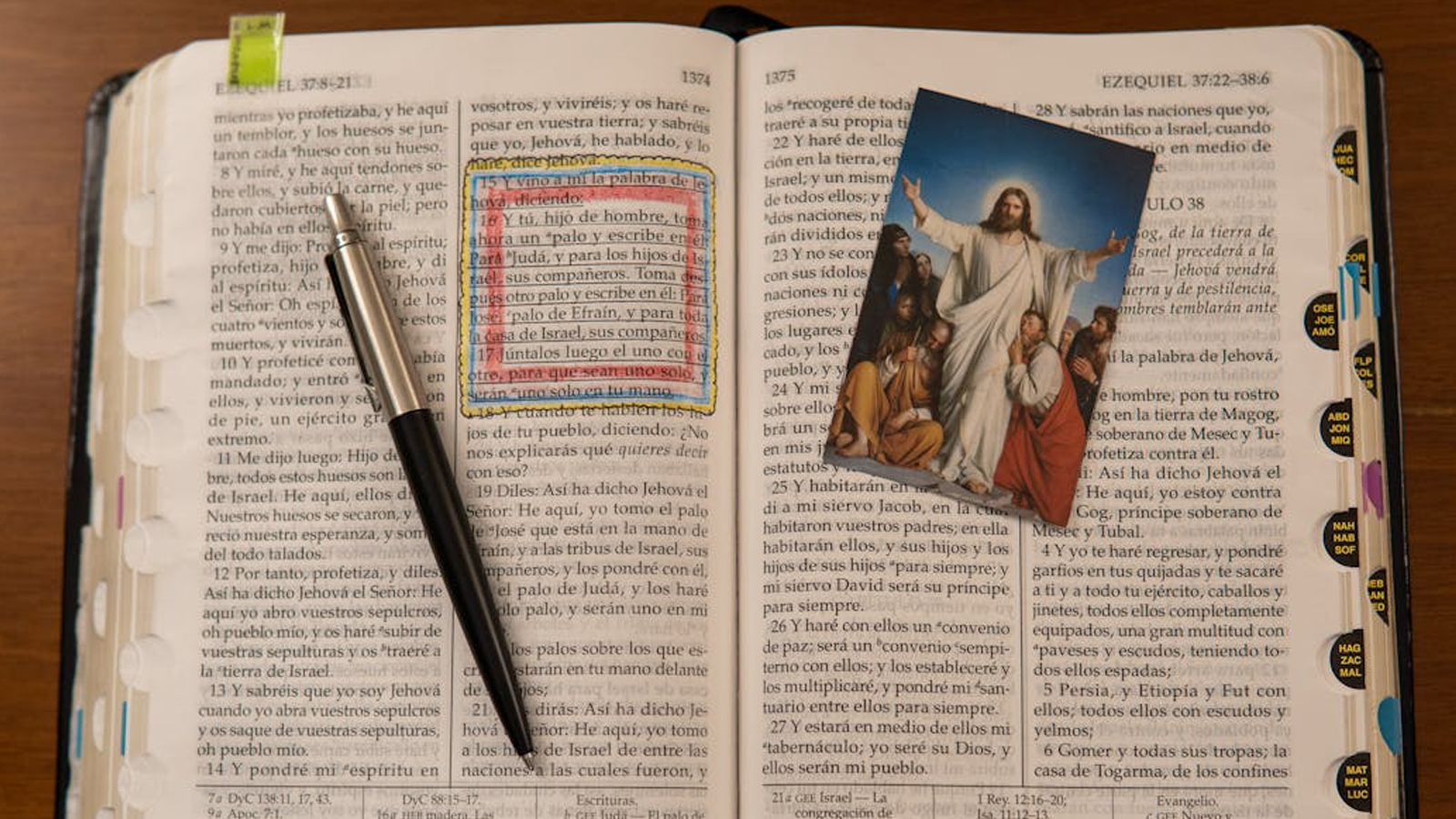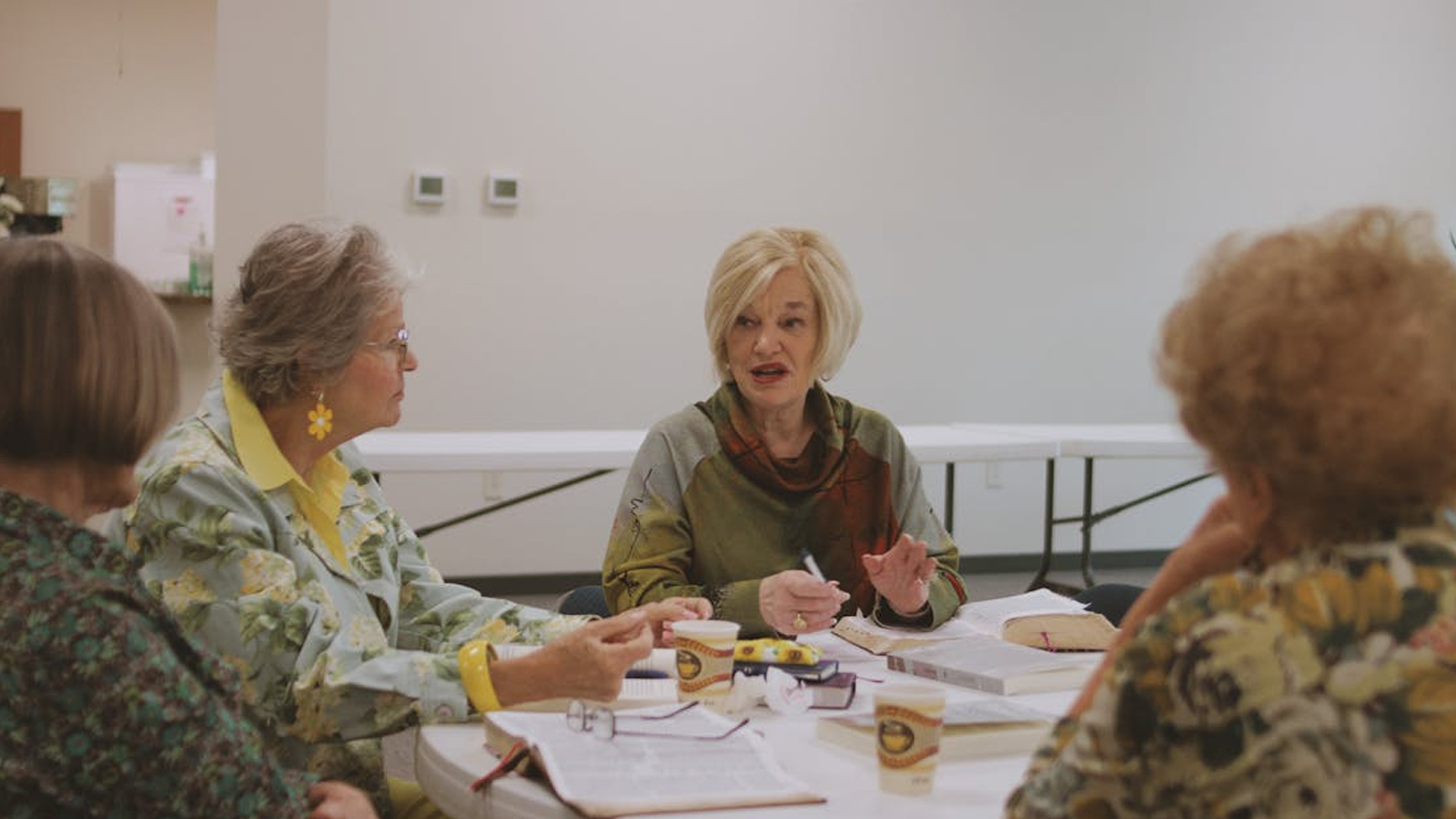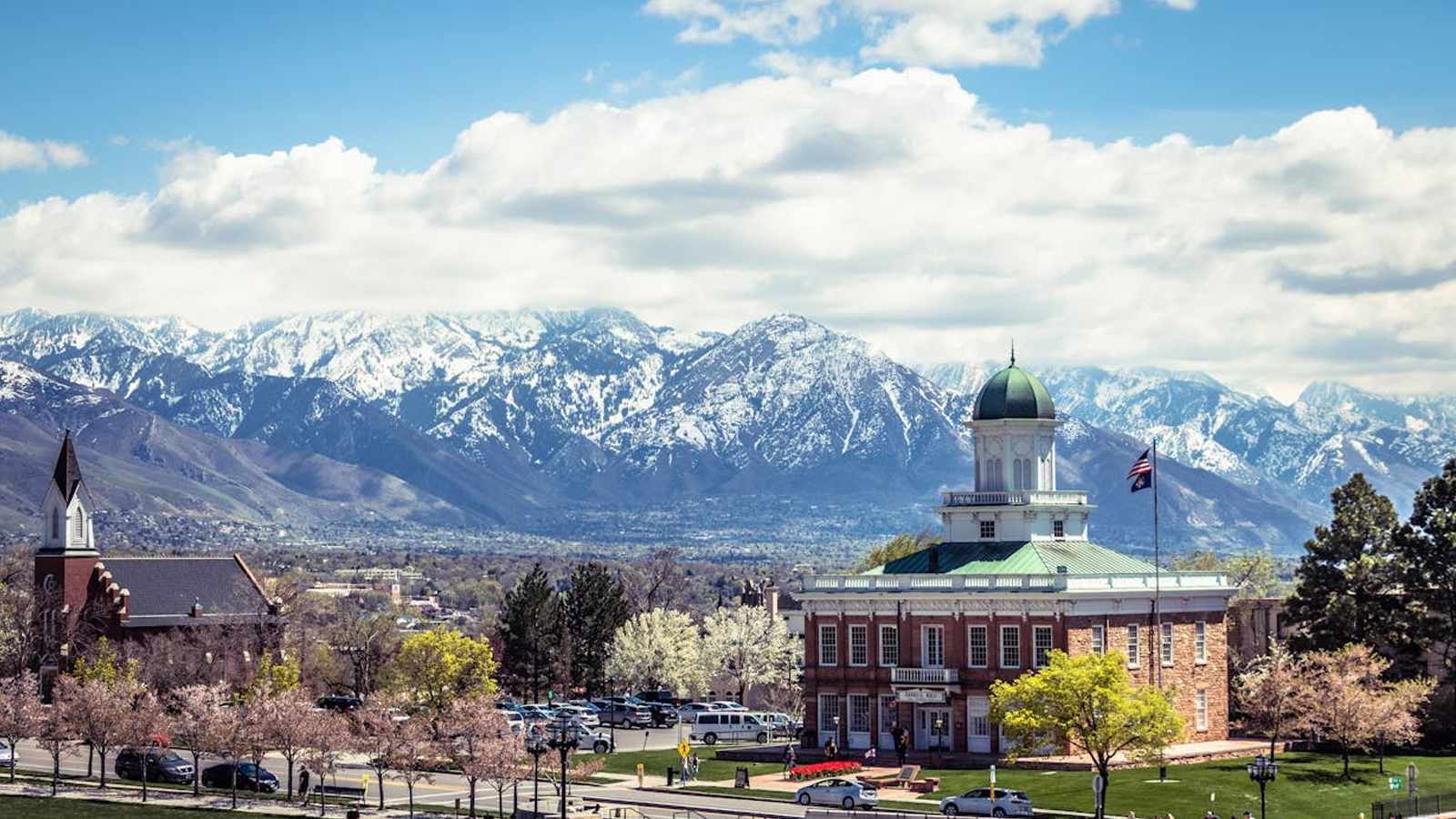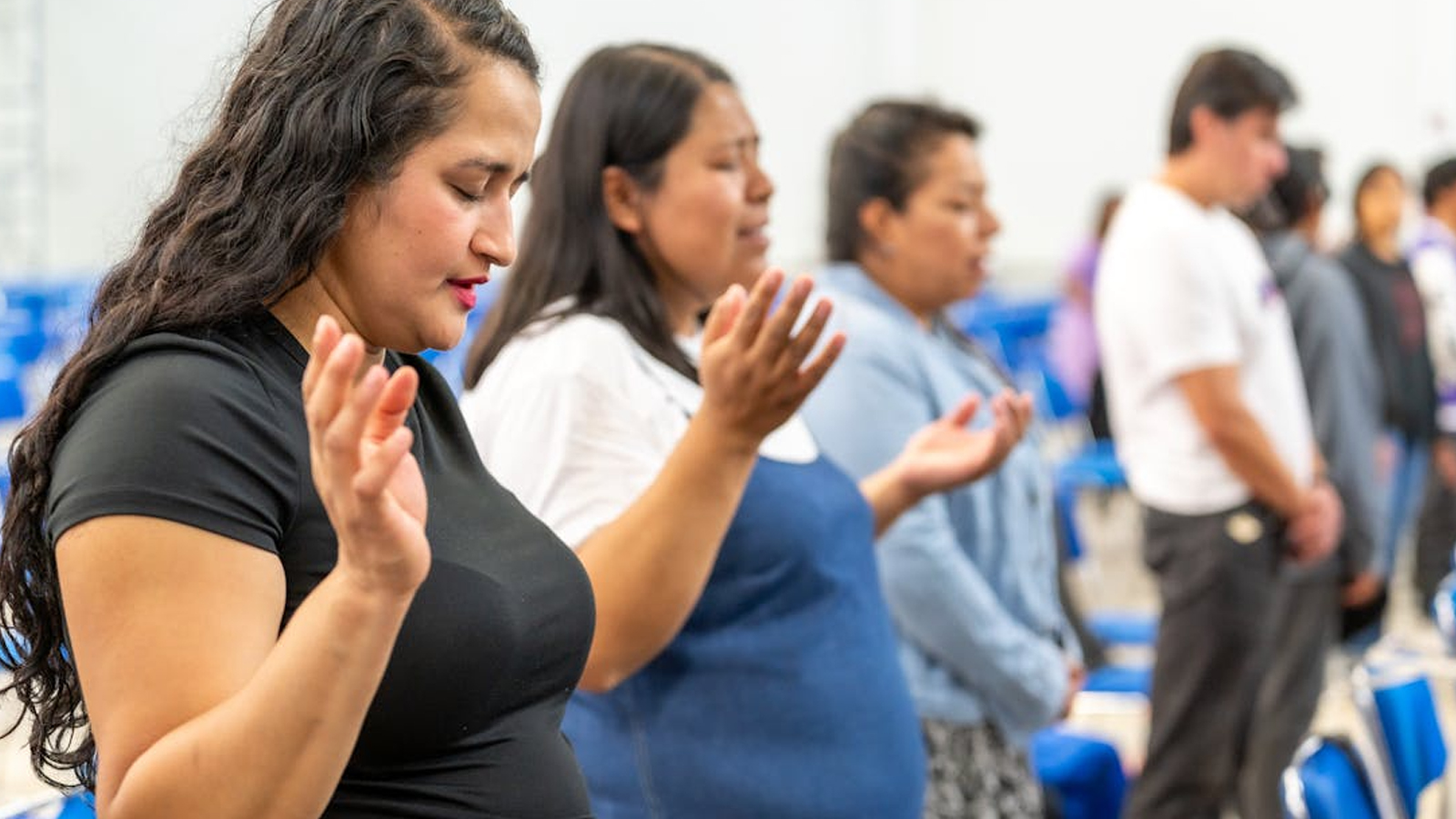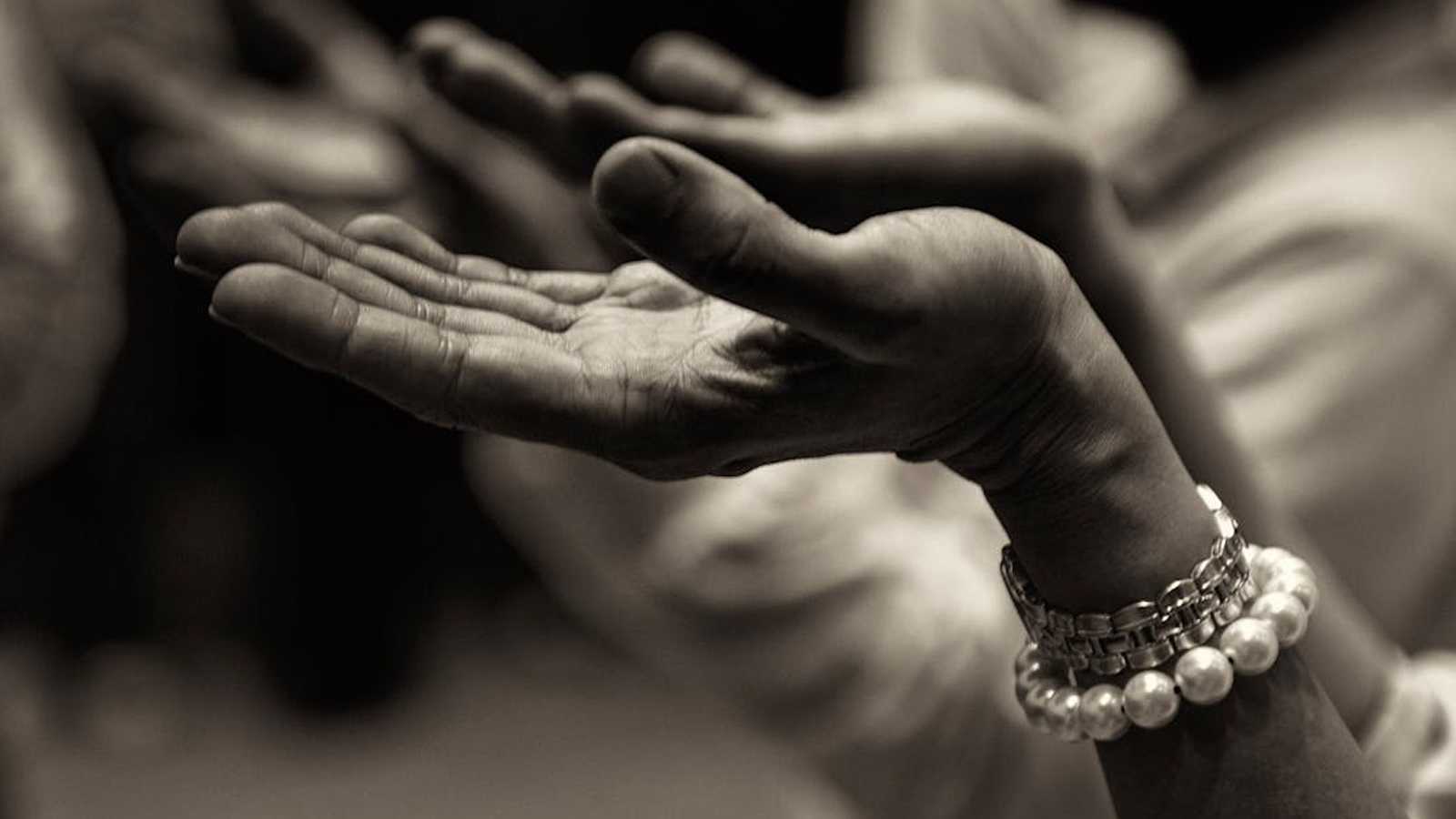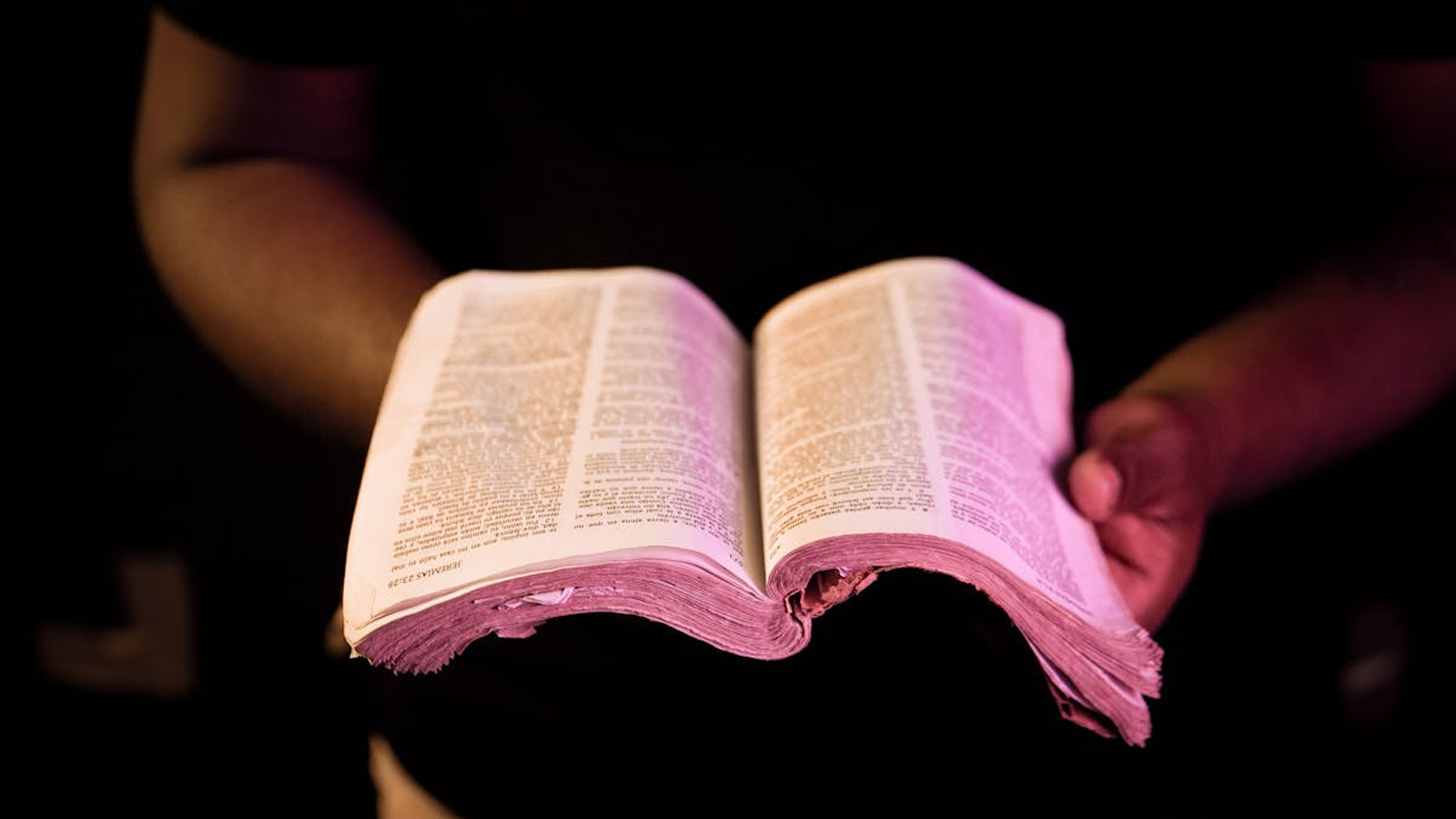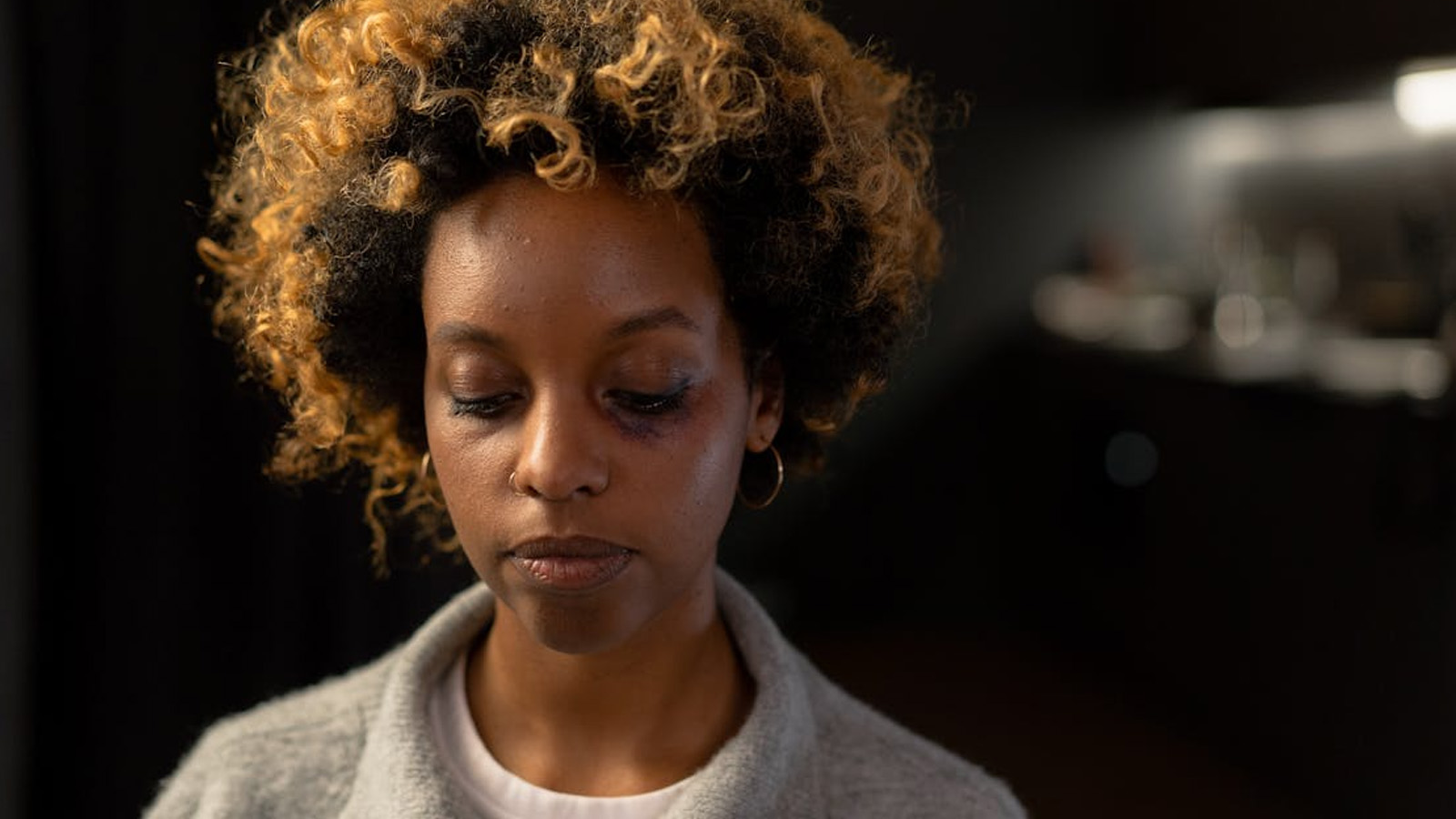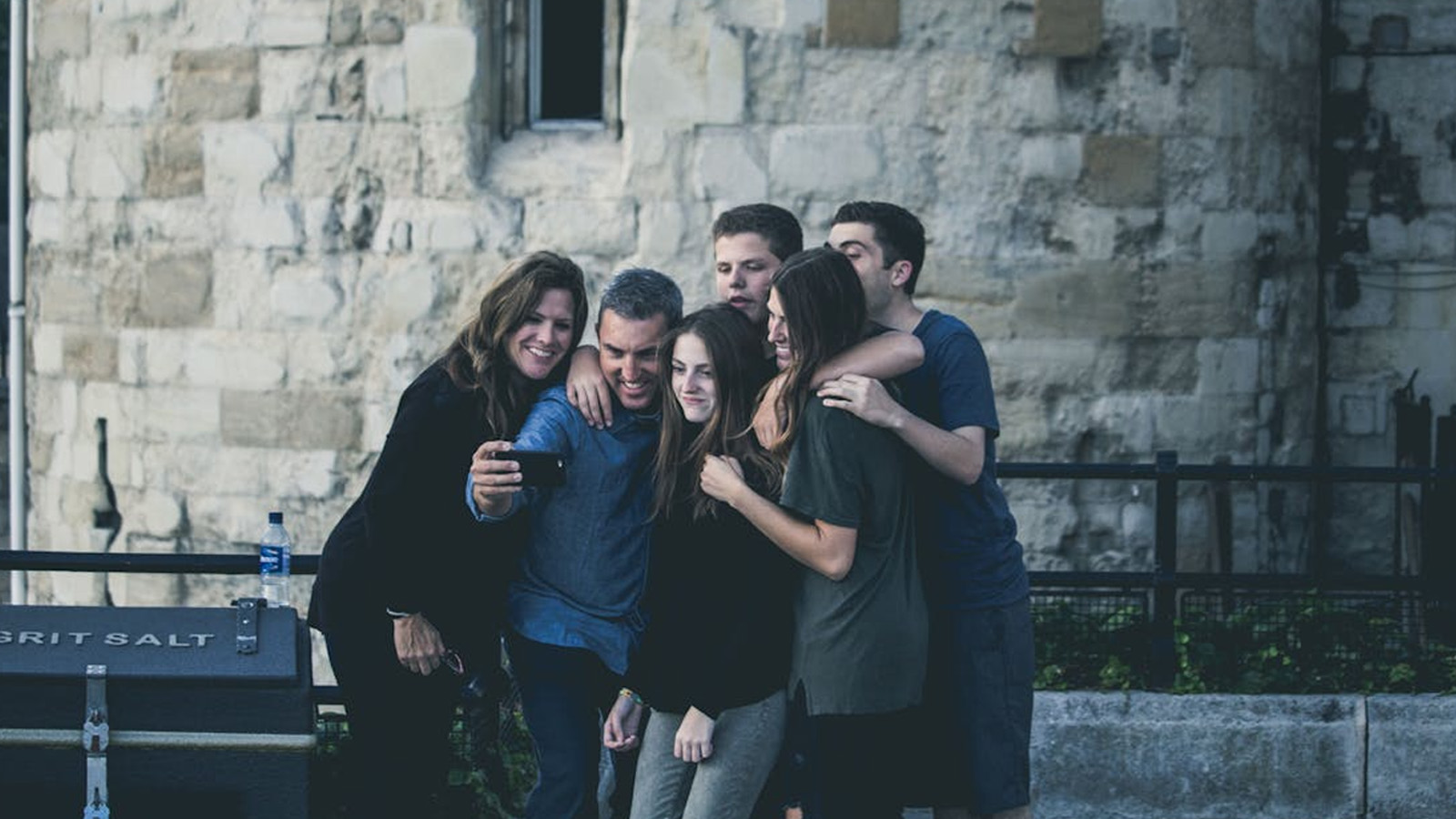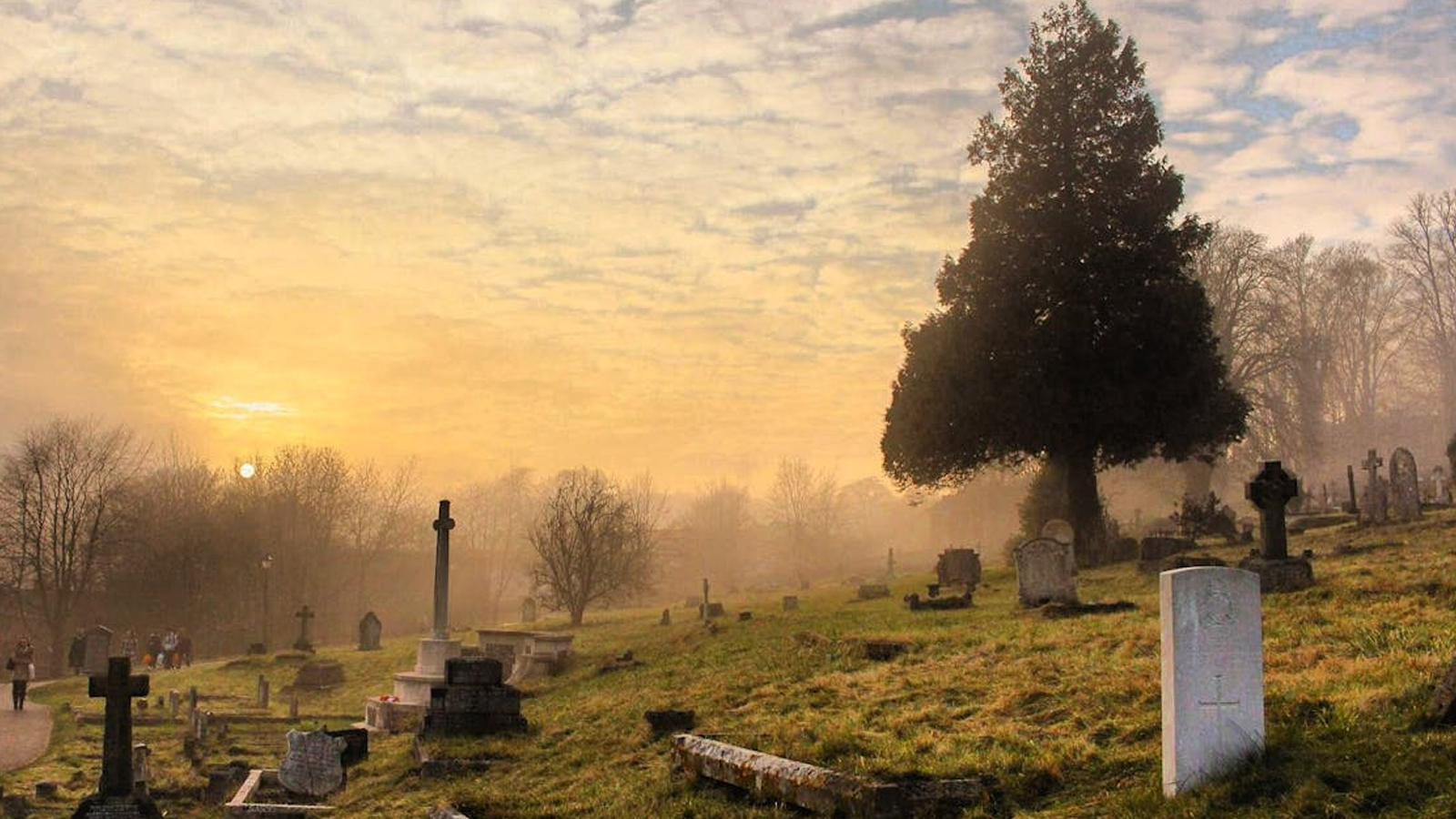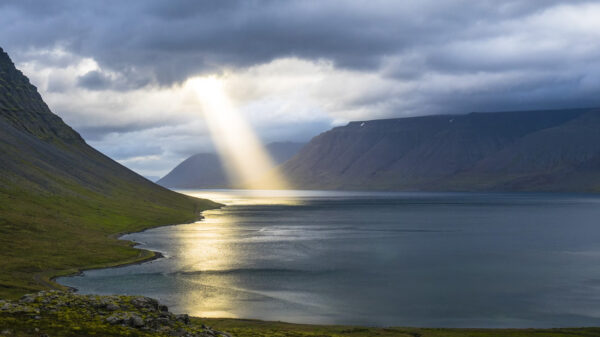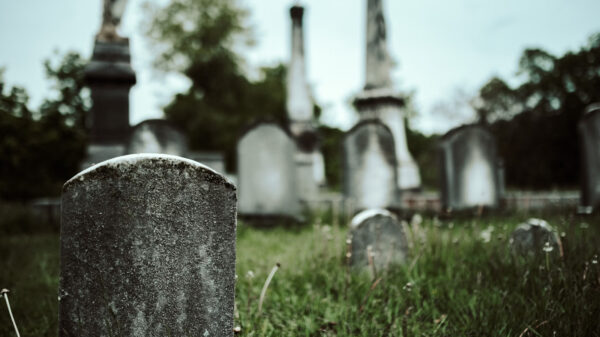Humans have always been haunted by the shadow of mortality. Psychologists have a name for this persistent awareness: “mortality salience.” It’s the knowledge that death is inevitable, and it shapes us in ways we often don’t recognize. “Death anxiety”—the fear of dying—and “death depression”—the sadness that comes with contemplating our end—are not rare conditions but almost universal responses to being human. Unlike other animals, we alone can imagine the future, anticipate our own deaths, and feel the weight of what’s coming. This unique awareness changes how we think, feel, and act.
We see this in our language. We skirt around the subject of death, using euphemisms and avoiding direct conversations. Some of us are afraid of the pain that might come with dying; others dread being separated from loved ones. For many, the greatest fear is the unknown—what, if anything, comes next. And for some, the terror lies in the idea that death is the permanent end of existence.
This fear isn’t just common—it may be the central driver behind much of human behavior. Terror Management Theory, a growing field of study, suggests that controlling death anxiety is society’s primary function, and that our actions are often motivated by the need to buffer ourselves against the reality of our mortality. Anthropologist Ernest Becker, in his seminal work The Denial of Death, argued that our deepest value systems—whether philosophical, political, cultural, or scientific—are built to help us deny the finite nature of our lives. We cling to these worldviews in hopes of achieving some form of symbolic immortality, even if real immortality eludes us.
Researchers have found that when we are reminded of our mortality, we become more entrenched in our beliefs. We defend our worldviews more fiercely and distance ourselves from those who disagree. Death anxiety doesn’t just affect our minds; it seeps into our relationships, our politics, and our culture. It can diminish our quality of life, lower our self-esteem, and deepen our grief when we lose someone we love. It can rob us of sleep, fuel depression, and trigger anxiety disorders, phobias, and even eating problems. Sometimes, it causes us to withdraw emotionally, making us less compassionate and more isolated.
Given all this, it’s no surprise that death anxiety is a powerful motivator. We all must find a way to cope with the “frightening recognition of our own mortality.” Some strategies work better than others. Many coping mechanisms—whether distraction, denial, or the pursuit of legacy—are like painkillers for a deeper problem. They might numb the fear, but they can’t remove the reality of death. Most offer only symbolic immortality, not the real thing.
Some, like the late astronomer Carl Sagan, accept the finality of death. Sagan wrote, “I would love to believe that when I die I will live again… But as much as I want to believe that, and despite the ancient and worldwide cultural traditions that assert an afterlife, I know of nothing to suggest that it is more than wishful thinking.” Sagan’s view is honest, but it’s not the norm. Surveys show that most people around the world believe in some form of afterlife, and more Americans believe in life after death than even believe in God. Even those who are skeptical of religion, like Kurt Cobain, often express hope that this life is just a “pitstop for the afterlife”.
Why does belief in an afterlife matter? Because it changes the way we experience death anxiety. Studies consistently show that people with religious or spiritual beliefs suffer less from death anxiety and its harmful effects. Religion offers a framework for understanding life and death, and the more committed someone is to these beliefs, the less likely they are to be haunted by existential despair. This isn’t just about believing in “something more”—the specifics matter.
Not all afterlife beliefs are created equal. Christians, for example, report less death anxiety than followers of other religions. One reason is the Christian concept of the “persisting self.” In Christianity, you are more than just a body; you have a soul that carries your identity, memories, and character into eternity. This dualistic view stands in contrast to other worldviews: Buddhism teaches that the self is an illusion, Hinduism sees the self as reincarnated but changed, and atheism views the self as entirely material and destined to disappear. Not all afterlife beliefs are created equal. Christians, for example, report less death anxiety than followers of other religions. Share on X
Christianity’s promise is unique: the soul persists, the body is resurrected, and the self is made whole again. For Christians, death is not the end but a new chapter. This hope of true immortality—rather than mere symbolism—explains why Christians, more than most, can face death with less fear and more peace.
In the end, our response to mortality shapes everything. Whether we seek comfort in legacy, philosophy, or faith, the longing for immortality is universal. But only a worldview that offers a truly persisting self can quiet the deepest fears that come with being human.
To learn much more about how our fear of death impacts human flourishing and establishes the reliability of the Biblical record, please read The Truth in True Crime: What Investigating Death Teaches Us About the Meaning of Life.



